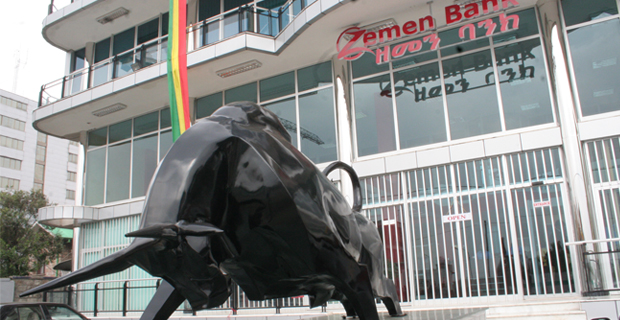
Covid-19 | Apr 03,2020
Jan 5 , 2020
By MESAY BERHANU ( FORTUNE STAFF WRITER
)
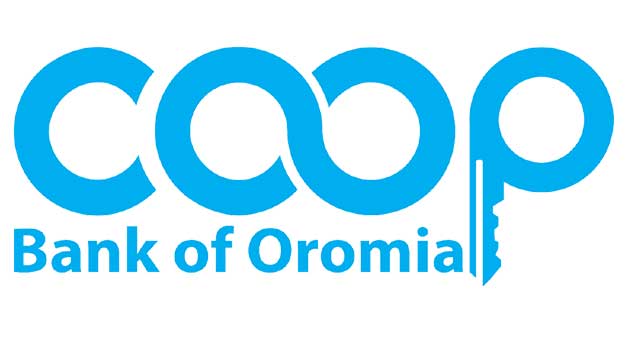 Bunna International Bank, one of the mid-sized banks, had a positive year last year.
Bunna International Bank, one of the mid-sized banks, had a positive year last year. Cooperative Bank of Oromia now offers a mobile-based utility bill payment service that up until now has been monopolised by the state giant, Commercial Bank of Ethiopia (CBE).
The Bank has signed an agreement with Ambo and Woliso water bureaus to launch the system to collect water bill payments from the residents in the towns using mobile phone applications and internet portals.
The agreement was signed on Tuesday, December 31, 2019, at the premises of the Bank located on Africa Avenue. Derbe Asfaw, president of the Bank, inked the agreement with Girma Disasa and Daba Ararsa, heads of Woliso and Ambo water & sewerage service bureaus, respectively.
In the capital, CBE is providing the utility payment service for water, electric and telecom bills, taking over the assignment from Kifiya Financial Technology Plc. None of the private banks is involved in the service.
As the first private bank to offer the service, Coop Bank will use COOPay E-Birr, a system that provides technology-based options including wallet money transfer, mobile airtime top-up, cash withdrawal and bill payment. The system also operates through cellular phone communication protocols and internet banking with a single registration requirement.
The system allows transferring money from one bank to another as well as to mobile wallets. It also enables transfers from mobile wallets to other Cooperative Bank accounts. The system also makes it possible to transfer money locally, even if the receiver does not have a mobile wallet or a bank account.
For clients of the water authorities, the system will send text messages to provide them with their payment details. Previously, they were going to the water bureau and payment collection centres monthly to find out what their bill amounted to.
E-Birr Payment Solutions, a locally registered company, is behind the development and management of the technology-based payment system the Bank launched. Currently, more than 100,000 customers are already registered and have started using the system since it was first launched in August 2019. The application works in four languages; Afan Oromo, Amharic, Somali and English.
To ensure the security of data protection, a copy of the information concerning all transactions will be kept in a backup system on a host server at Ethio telecom, according to Bewket Taffere, chief operating officer of E-Birr Mobile Financial Services, which was established in 2016.
So far, the Bank has already implemented the service in Adama, and it is in the process of launching it in Bishoftu, according to Derbe.
The new system will lessen the burden of human resources at the office, according to Girma of Woliso Water & Sewerage Service Bureau, which has collected over eight million Birr in the last fiscal year from water bills.
Water coverage at Woliso, which has 120,000 residents, has reached 63pc. The Bureau is also working on a 200-million-Br expansion project to boost coverage to 100pc. The Regional State covers 30pc of the cost, while a loan from the World Bank will cover the balance.
Ambo, which has 127,000 residents, has collected 18 million Br in revenue last year from water bills. Ambo also worked on boosting water coverage with a five-year project with financing from the World Bank. The Netherlands also pledged four million Birr for the installation of pipelines to increase access to water.
Founded in 2002 mainly by cooperative unions, the Bank reached a total of 389 branches in the last fiscal year. It generated 3.7 billion Br in income and disbursed a total of 24.4 billion Br in loans and advances in the previous fiscal year.
In the reported period, the Bank amassed a gross profit of 767 million Br with earnings per share of 36.4 Br. The total deposits of the Bank reached 36.2 billion Br.
The Bank plans to expand the service to other areas in Oromia, such as Jimma and other significant towns in the Regional State, according to Derbe, who adds that it also plans to work with Ethiopian Electric Power Utility and Ethiopian Airlines to provide the same technology-based transaction system.
The Bank projects that more than 500,000 beneficiaries will be reached through technology-based services in the coming years.
Abebe Walle, assistant professor in the Department of Accounting & Finance at Bahir Dar University, appreciates the expansion of the service but doubts the efficiency.
He doubts the capacity of the local banks in terms of providing reliable and sustainable services that may still be questionable based on the low level of performance they have shown in the management of other technology-based services such as ATMs.
"There may also be certain limitations in terms of providing receipts for long-term documentation for customers," he said.
PUBLISHED ON
Jan 05,2020 [ VOL
20 , NO
1028]

Covid-19 | Apr 03,2020
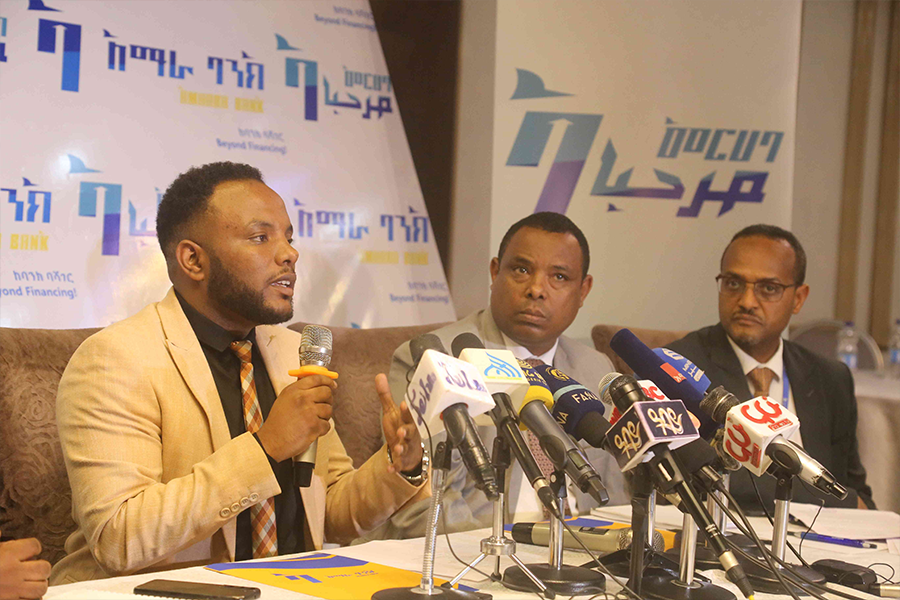
Radar | Mar 18,2023

Radar | May 31,2020

Radar | Aug 27,2022
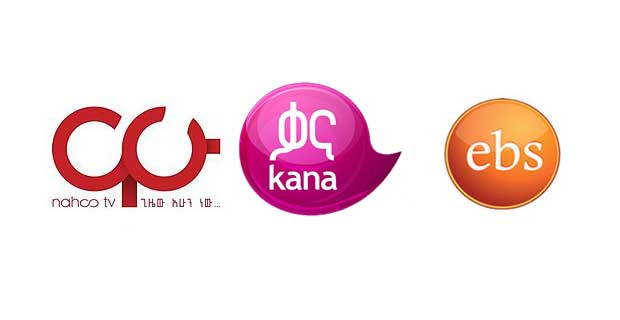
Fortune News | Jul 27,2019
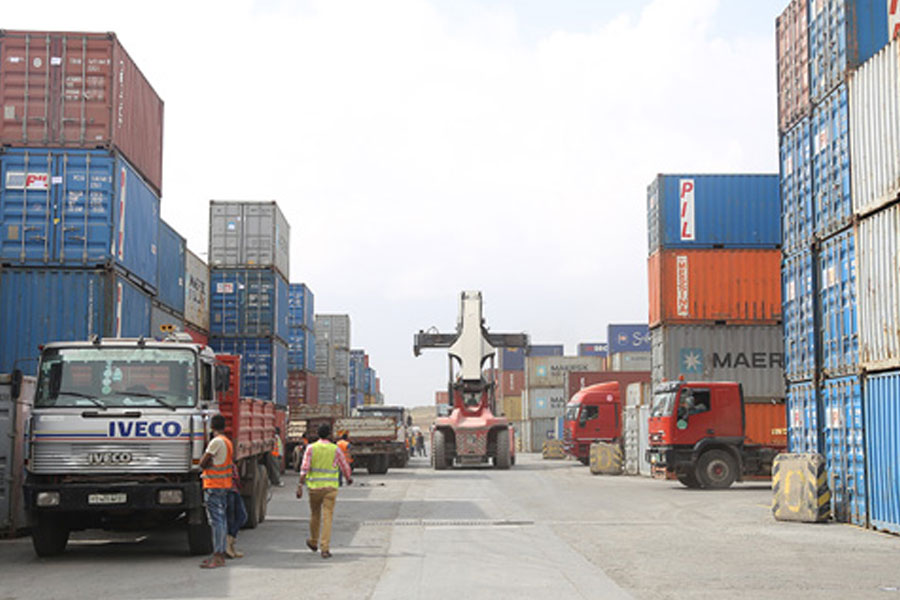
Fortune News | Dec 04,2021

Fortune News | Feb 13,2021
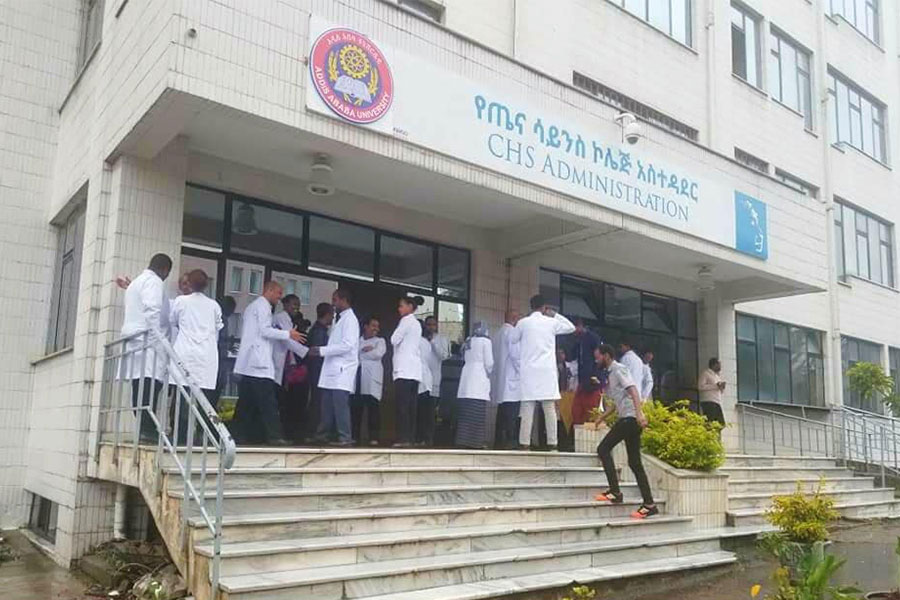
Fortune News | Aug 12,2023

Radar |
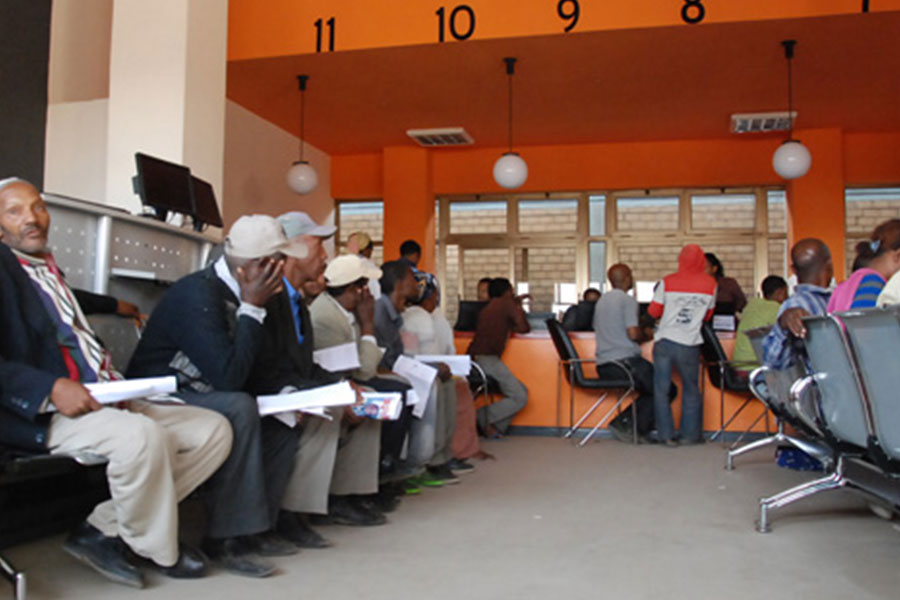
Fortune News | Jan 26,2019

Dec 22 , 2024 . By TIZITA SHEWAFERAW
Charged with transforming colossal state-owned enterprises into modern and competitiv...

Aug 18 , 2024 . By AKSAH ITALO
Although predictable Yonas Zerihun's job in the ride-hailing service is not immune to...

Jul 28 , 2024 . By TIZITA SHEWAFERAW
Unhabitual, perhaps too many, Samuel Gebreyohannes, 38, used to occasionally enjoy a couple of beers at breakfast. However, he recently swit...

Jul 13 , 2024 . By AKSAH ITALO
Investors who rely on tractors, trucks, and field vehicles for commuting, transporting commodities, and f...

Jul 5 , 2025
Six years ago, Ethiopia was the darling of international liberal commentators. A year...

Jun 28 , 2025
Meseret Damtie, the assertive auditor general, has never been shy about naming names...

Jun 21 , 2025
A well-worn adage says, “Budget is not destiny, but it is direction.” Examining t...

Jun 14 , 2025
Yet again, the Horn of Africa is bracing for trouble. A region already frayed by wars...